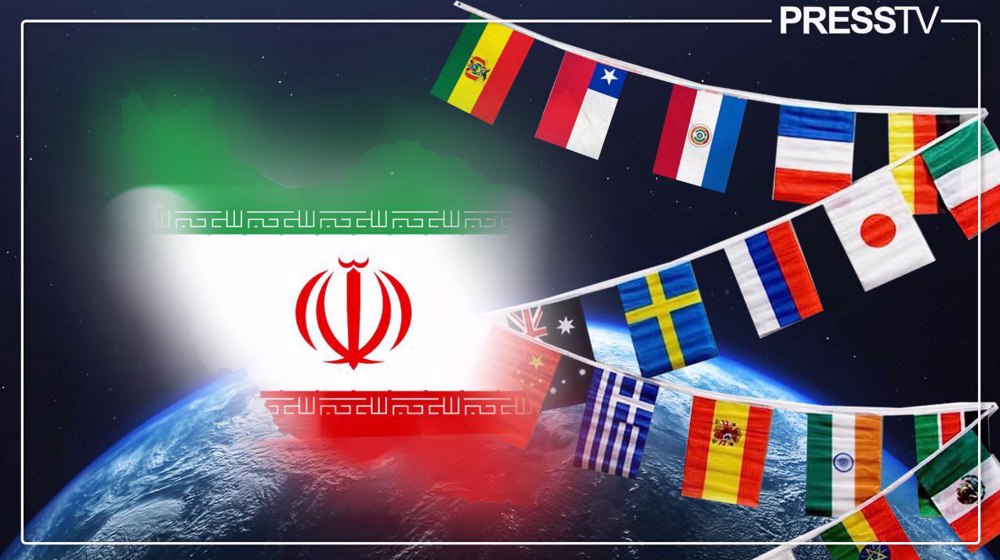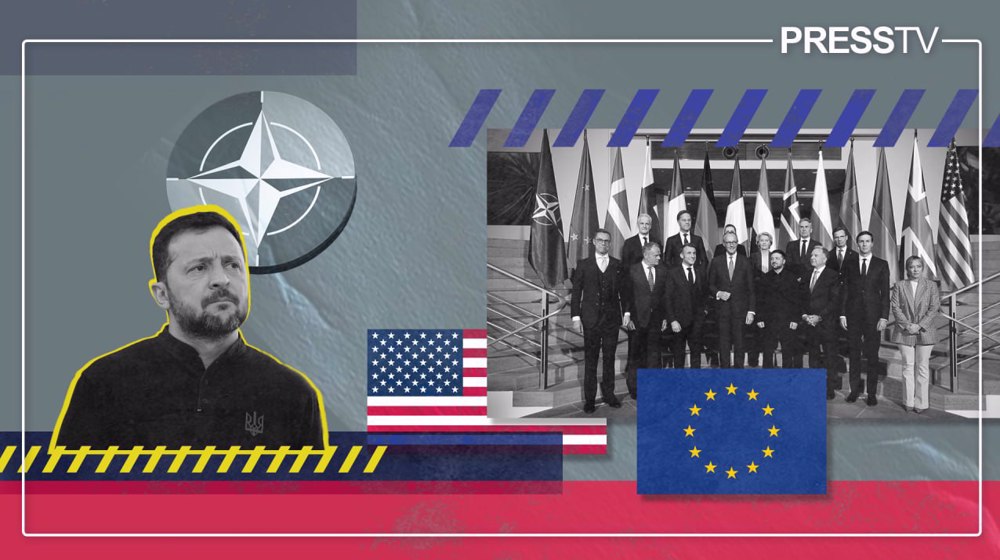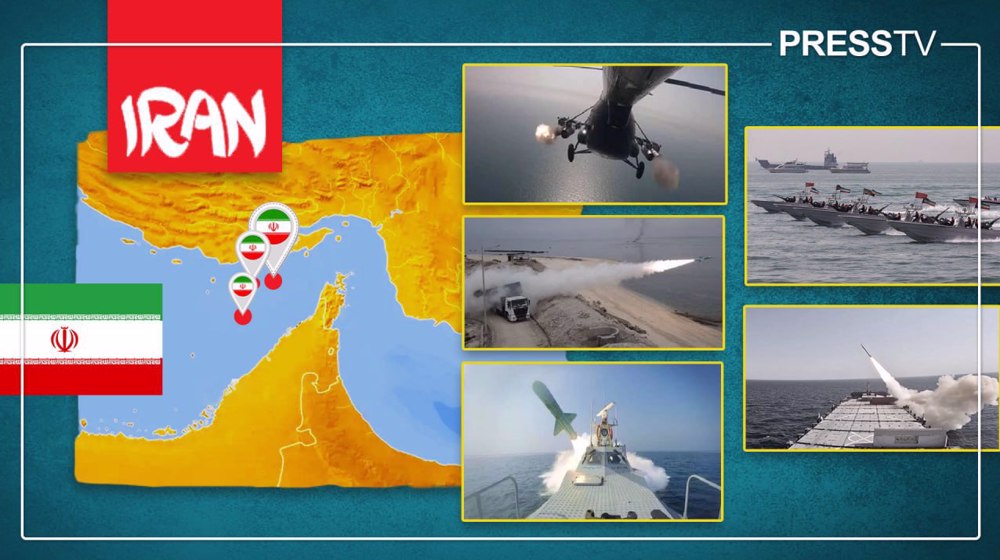Why the world must embrace Iran’s call for multilateralism
By Hamid Javadi
As the world continues to evolve at a dizzying pace, so must our understanding of global power dynamics and the complex structures that govern them.
As global challenges increasingly require collective action, or to invoke UN chief Antonio Guterres “global solutions”, Iran’s advocacy of multilateralism makes a compelling case for international cooperation, particularly among countries with shared interests and principles.
Iran’s ironclad commitment to multilateralism amid the emerging multipolar world order, and despite various geopolitical complexities, presents a chance for independent countries to foster dialogue, promote peace, and address pressing and significant global issues.
In recent years, the rapid pace of technological advancements, economic integration, and the free flow of information has facilitated a level of global interconnection as never seen before.
However, these changes have also brought to the fore complex challenges that require collective efforts and a revisiting of traditional power structures that were mostly set up after World War II and solidified after the Cold War.
The process has already begun. The world is slowly but steadily moving away from the unipolar world order that saw the United States rise as a global superpower and dominate and subjugate nations that refused to be subservient to it.
The global community has had enough of the existing world order and the unutterable hardships it has brought upon humanity in different forms and manifestations.
For decades, the unparalleled military and economic power of the United States propelled the country to unprecedented heights, giving birth to an era of so-called American exceptionalism.
However, the notion of American exceptionalism, espoused by its leaders and the corporate media empire as a tool of perpetual dominance, has failed the test of time.
The Vietnam War (1955-1975) exposed the limits of the US military power and sparked domestic divisions that questioned America’s role as a ‘globocop’ that thrives on interventionism.
The oil crises of the 1970s, when the OPEC oil embargo led to severe shortages of fuel and a skyrocketing spike in prices, revealed vulnerabilities in the US economy and its dependence on foreign oil.
The quagmire of futile wars in the West Asian region further laid bare the failure of America's interventionist policies, particularly in Iraq and Syria.
Perhaps no region has borne the brunt of American hegemony as disastrously as West Asia, a resource-rich and strategically vital region where global powers have historically vied for influence and control.
The geopolitical dynamics of the region, however, have undergone tectonic shifts since the 1979 Islamic Revolution deposed the Pahlavi regime, an important ally of the United States in West Asia.
The Islamic Republic has since served as the main bulwark against US hegemonic schemes in the region.
Another noticeable shift in the equation has been the rise of China as the main protagonist of the new global order and a viable counterweight to the US, which has come to challenge America’s dominance on multiple fronts, including most notably its growing clout in the West Asian region.
China’s robust economic growth, soaring energy demands, and ambitious infrastructure projects such as the Belt and Road Initiative (BRI), which is worth trillions of dollars, have prompted Beijing to expand its economic footprint across the region and strengthen its ties with key regional players such as Iran.
This comes at a time when the United States finds itself in a period of reassessment and shifting priorities, following the prolonged but futile military adventures in Iraq and Afghanistan.
The astronomical cost of the wars, coupled with domestic crises and an escalating economic and technological competition with China, have strained America's ability to sustain its previous level of engagement in the region.
This has generated a perception among America’s traditional West Asian allies that they will have to learn to live in a world where Washington may not be the ultimate arbiter of regional affairs.
As a result, regional states now have a greater range of options to diversify their partnerships and reduce their dependence on any single power.
Similarly, emerging powers such as Iran, India, Brazil, and Russia have become influential players on the world stage, demanding their voices be heard and their interests be taken into account.
Alliances between these emerging powers have given rise to powerful groupings such as the Shanghai Cooperation Organization (SCO), which contributes about 30 percent of global GDP, and BRICS, which comprises 40 percent of the world’s population, offering an alternative to the Bretton Woods Institutions.
As Iran’s Foreign Minister Hossein Amir-Abdollahian pointed out after attending a BRICS summit in Cape Town, South Africa, last week, the five BRICS nations account for a fifth of the world’s GDP, 40 percent of its population (three billion) and 30 percent of its territory.
With such huge economic potential comes equally powerful political clout.
These alliances are a catalyst for change, presenting a potent counterbalance to traditional economic structures, leading to a more equitable and inclusive global economy and driving sustainable development.
Iran's engagement with these multilateral institutions exposes the ineffectiveness of Washington’s age-old policy of isolating independent nations through sanctions and saber-rattling.
The Islamic Republic's compelling case for multilateralism also highlights the potential for diplomacy to bridge divides and diffuse tensions between regional countries.
As Iran continues to engage with the international community, it is essential for other nations to reciprocate those efforts, fostering an environment conducive to meaningful dialogue and collaboration.
Embracing a multilateral approach and forging cooperative relations with emerging powers will be critical for navigating the complex landscape of the 21st century.
The rise and decline of the United States offer valuable lessons to its allies and adversaries alike, that the unipolar world order was flawed from the start and doomed to fail.
The emerging order, on the other hand, calls for collaborative leadership, where nations will come together to address conflicts, climate change, poverty, economic inequality, terrorism, and pandemics.
No single nation can tackle these issues alone. Today’s challenges demand international cooperation, the pooling of resources, and setting aside of narrow interests in favor of the greater good.
While obstacles persist, by embracing multilateralism the world can chart a path toward a more prosperous, secure, and inclusive future for all.
Hamid Javadi is a senior Iranian journalist and commentator based in Tehran.
(The views expressed in this article do not necessarily reflect those of Press TV)
Iran’s four-decade transport transformation
Jeffrey Epstein introduced Trump to 14-year-old girl, court documents reveal
Lebanese government offering free concessions to Israel: Lawmaker
US actions against Venezuela endanger peace, stability: Iran FM
Israel trying in vain to cover up blows suffered in Iran war: Top commander
VIDEO | Press TV's news headlines
Manhunt underway in South Africa after nine killed in mass shooting
VIDEO | With crippled tools, civil teams begin recovering bodies in Khan Yunis










 This makes it easy to access the Press TV website
This makes it easy to access the Press TV website